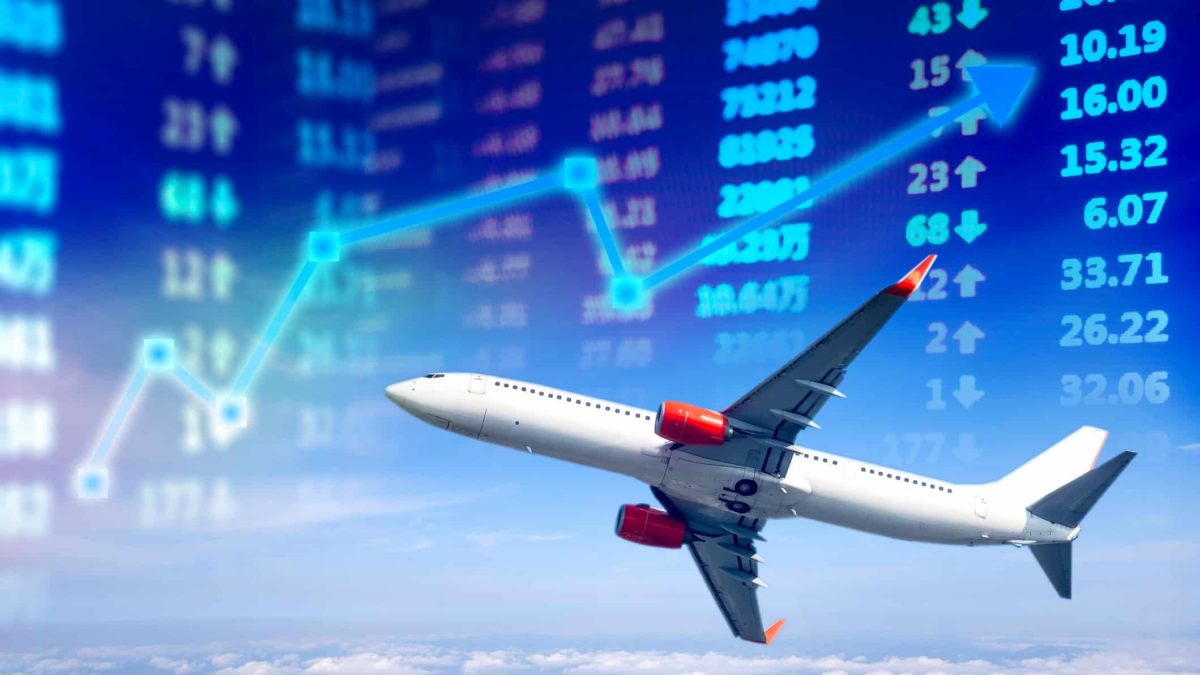The Qantas Airways Ltd (ASX: QAN) share price is making a miraculous recovery fuelled by vaccine hopes and reopening borders. The recent strength of airlines is demonstrated by the 30% increase in the US Global Jets ETF in November, which comprises various airline carriers around the world including Qantas.
Qantas is now within 25% of its previous record all-time high set in December 2019. However, it may feel like the share price has run before its business has made a material recovery. So, what are the current circumstances for the business? And what can investors look forward to in FY21?
Current border situation
Australia's COVID-19 border restrictions have eased again with only South Australia listed as a hotspot for some states.
Queensland's border closure with Victoria and Greater Sydney will end on Tuesday, 1 December. It has listed Adelaide as a hotspot, meaning police will conduct intercepts of vehicles to check if people have come from South Australia.
No permit is required for travellers from any states entering NSW, except for those coming from South Australia.
The Victoria-NSW border was reopened on 23 November. Victoria's borders are open to all states, except those travelling from South Australia will need to obtain a border crossing permit.
Tasmania will relax its border restrictions with Victoria this Friday. The state holds similar restrictions for South Australia.
WA borders are closed to South Australia. Travellers from NSW and Victoria are also required to complete registration and self-quarantine for 14 days. All other states and territories have been marked as very low risk and no quarantine is required on arrival.
Everyone travelling to the Northern Territory will have to fill out a border entry form, but quarantine is only required if you've spent time in a COVID hotspot. Currently, Melbourne is the only region considered as a hotspot.
Qantas segment performance
The company held its annual general meeting on 18 September, providing the market with updates across its domestic, international, loyalty, freight and liquidity positions.
Its recovery was delayed due to the unexpected closure of several domestic borders in July. It expected group domestic flights to be operating at about 60 per cent pre-COVID levels. Instead, the continued border closures mean capacity is now below 30 per cent. This delay will result in a $100 million negative impact on earnings for the first quarter of FY21, and will have an impact on Q2 as well. The company addresses this challenge as a "timing issue", knowing that the "upswing will materialise – just later than planned".
The company knows that latent travel demand is strong. This has been demonstrated when it experimented with a "scenic flight" earlier this month, which sold out in 10 minutes. When South Australia opened to New South Wales, 20,000 seats were sold across Qantas and Jetstar in just 36 hours.
Qantas also sees that its domestic market share is likely to increase organically from around 60 per cent to around 70 per cent, as its competitors change strategy.









